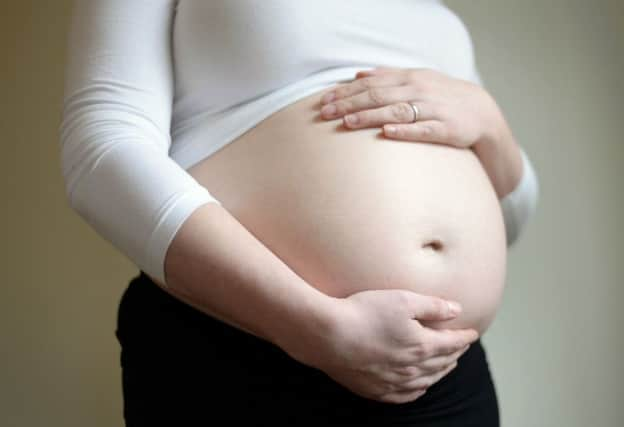Gender salary gap widens for 12 years after first child born


The study, from the Institute for Fiscal Studies (IFS) and funded by the Joseph Rowntree Foundation, found that women begin to lose out on equal pay once they have given birth to their first child, with the gap continuing to widen for the next 12 years, by which time a woman’s average hourly pay is 33 per cent less than that of a man.
The difference is most stark among the highly educated, with the pay gap between men and women who have the equivalent of English A-levels or degrees remaining the same for the past 20 years.
Advertisement
Hide AdAdvertisement
Hide AdThe report suggested the difference may be down to women working fewer hours once they have children and, as a consequence, missing out on promotions while their male colleagues pull further and further ahead.
The study found that across all levels of education and including workers with children and those without, hourly pay rates for women are currently around 18 per cent lower than for men. That compares with a gap of 23 per cent in 2003 and 28 per cent in 1993.
Robert Joyce, associate director at IFS and an author of the report, said: “The gap between the hourly pay of higher-educated men and women has not closed at all in the last 20 years. The reduction in the overall gender wage gap has been the result of more women becoming highly educated, and a decline in the wage gap among the lowest educated.
“Women in jobs involving fewer hours of work have particularly low hourly wages, and this is because of poor pay progression, not because they take an immediate pay cut when switching away from full-time work. Understanding that lack of progression is going to be crucial to making progress in reducing the gender wage gap.”
By 20 years after the birth of their first child, women have on average been in paid work for four years less than men and have spent nine years less in paid work of more than 20 hours per week. The report also found that women’s wages when they return from their career break are on average two per cent lower for each year spent out of paid work in the interim.